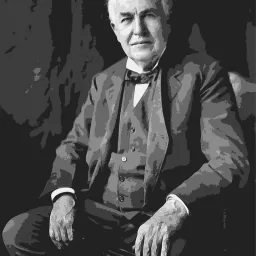There are various versions of this particular exclusion in ARPI policies, some of which are straightforward, such as “mechanical electrical breakdown and/or derangement of machinery or equipment”.
Other examples incorporate reference to the type of electrical or mechanical breakdown such as overheating or short-circuiting. Probably the most common exclusion, however, attempts to define more closely the type of loss which the exclusion is intended to cover, for example: “mechanical or electrical breakdown or derangement of a machine in which the breakdown or derangement originates, but it does not exclude damage which is caused by a peril which is not otherwise excluded or subsequent damage which itself results from a cause not otherwise excluded.”
This is a fairly common type of proviso to ARPI exclusion clauses and, as has been stated earlier, it can only have limited effect in altering the common law position where the court must investigate whether or not another non-excluded clause has created damage. It is suggested, however, that the key to this particular exclusion is not the proviso but the fact that the exclusion limits its application to damage caused in respect of the particular machine or equipment which has broken down. If that is the intention of the parties, then although damage to the machine itself is excluded, any subsequent damage to perhaps another piece of machinery is covered by the policy.
Again, the reasoning behind the exclusion should be to encourage the assured to maintain its equipment in good order and not to provide an additional warranty for equipment that it has purchased. The purpose of the ARPI policy is to cover property damage resulting from some external factor. Thus, there is no objection to the policy covering damage resulting from the mechanical breakdown providing that it does not cover the machine itself which has failed.
AUTOPOST by BEDEWY VISIT GAHZLY


